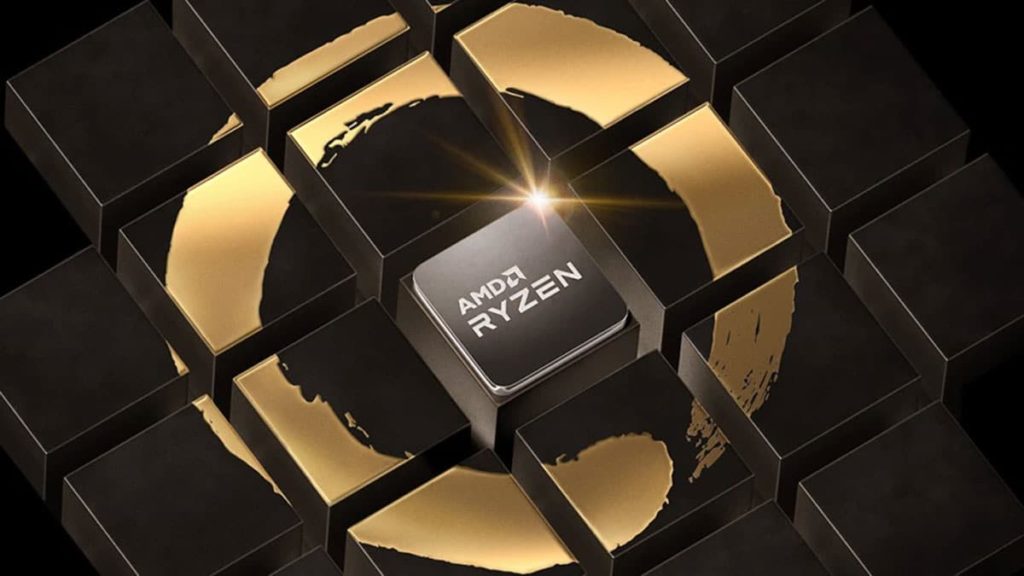I planned my purchase and bought a 1080ti release day. I intended for that 1080ti to be replaced with a 3090, but as it stands I got about 18 months with basically top tier performance. Then I got another 2 years of upper mid range performance for that purchase. It is throughly mid range now, which is why it was supposed to be replaced in 2020, but all told i got 60 months of use out of the card. My 3080ti will have top tier performance for around 7 months - not nearly the value perspective of buying a 3090 on release day.
Prior to the 1080ti, I bought a 980 on release day. Prior to the 980, I got a 670 on release day. Prior to that it’s a little fuzzy. It was an AMD card - I think a 4870, but not 100% certain.
Desktop wise, I have a 5950x I bought late Dec 2020 after an all night wait at microcenter. I would have bought day 1 if possible, but a 1 month delay wasn’t bad.
Prior to the 5950, I got a release day 2700x, and prior to that was a release day 3570k which I overclocked to just a hair under 5ghz. Prior to that was the 9650, which had barely no time as a top performer and was the worst value proposition of any Hardware I can remember buying. Prior that was a release day Conroe core 2 duo, and then we get back into AMD, but I’m a touch fuzzy - I think it was a thunderbird? Before that was complicated - it was a dual p3 733, but everything was a carry over from my dual processor p2 400 on a bx100 chipset. Tyan upgraded the chipset for free.
The value calculation I follow is based on number of months at or near top tier performance. It’s time to upgrade when you hit mid tier or lower, so if you buy right before the next product launch, you’ve lost half the lifespan of your purchase. This necessitates more frequent purchasing.

— Greymon55 (@greymon55) February 11, 2022
